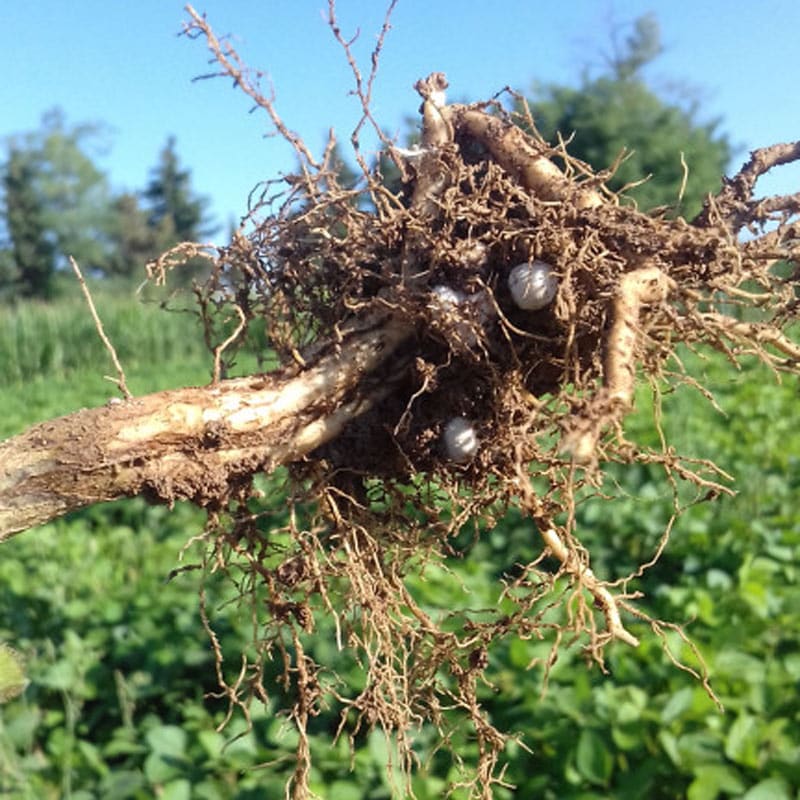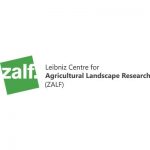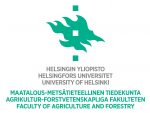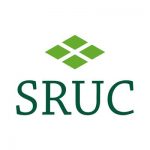Work package 3
Optimal management practices
WP leader

Dr Moritz Reckling
Leibniz Centre for Agricultural Landscape Research, GERMANY

WP3 investigates the management factors contributing to the yield gap and its resolution. By examining faba bean and soya bean at the cropping systems level, it will identify management practices that affect grain yield and protein yield, thereby indicating novel ways by which the gap and instability in both can be reduced. It takes an integrated approach, examining management tools such as water management and tillage, cropping practices such as intercropping and cover cropping, and germplasm choices covering cultivar and inoculum. Published and unpublished data will be analysed to optimize management strategies for a given region. Access to data from long-term experiments will allow us to dissect the relative effects of weather and management on yield stability, because management is subject to human intervention but weather is not. In order to account for differences in mean yield between systems and crop types in analysis of yield instability, we will use our recently developed, scale-adjusted coefficient of variation. On-station field experiments will employ sensors that detect crop stress responses in real time, while on-farm experiments will test crop management options for soya beans that were identified as relevant by farmers and scientists in a co-learning process. Outputs on novel management practices will be used to update the ROTOR 3.1 rotation planning tool.







